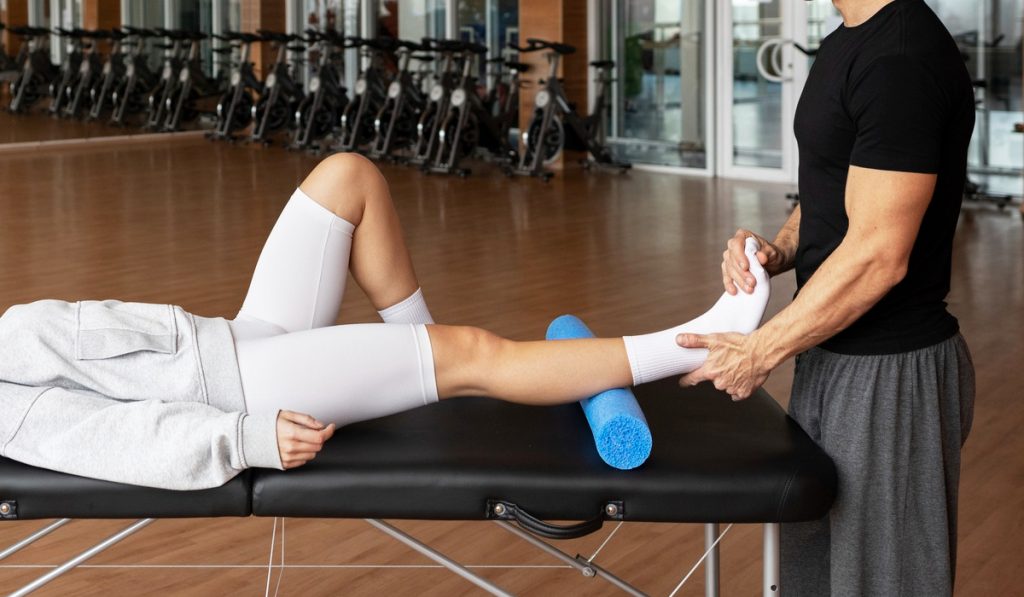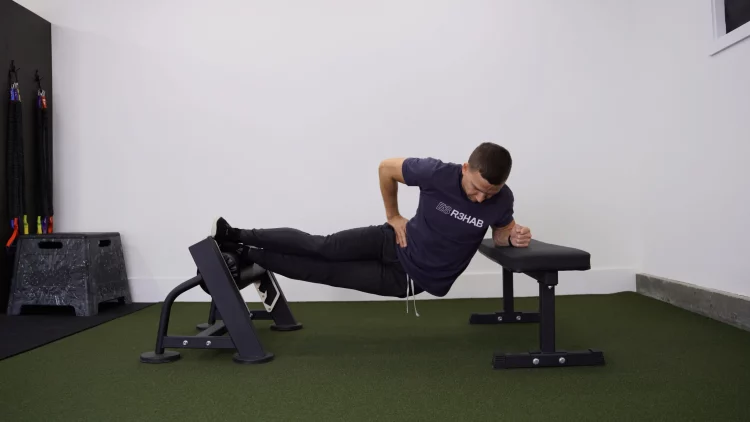From Muscle to Mind: The Rise of Neurofitness
Just as treadmills, barbells, and resistance bands sculpt the body, new tools are emerging to challenge and enhance the brain. Welcome to the era of neurofitness—a movement that’s shifting the focus from physical strength alone to include cognitive power. Across urban fitness studios, elite sports facilities, and even traditional gyms, cognitive workouts are becoming the latest frontier in holistic training. These programs promise to improve memory, reaction time, attention, mental resilience, and even emotional regulation. But are these brain gains real or just the latest wellness trend in sleek packaging?
What Is Neurofitness, Really?
Neurofitness is the practice of enhancing brain function through targeted mental exercises, often aided by technology. It draws on neuroscience, cognitive psychology, and physiology to design workouts that stimulate neuroplasticity—the brain’s capacity to rewire and grow in response to challenge. These regimens may include attention drills, working memory games, sensory-motor integration tasks, and dual-task exercises that combine movement with mental agility. Some neurofitness programs are digital-only, using apps or virtual reality, while others are physical, involving balance boards, light-based reaction trainers, or agility drills infused with cognitive challenges.
The Gym Floor Gets Smarter
Modern gyms are increasingly incorporating “cognitive corners” where members engage in high-intensity interval training for the mind. Imagine doing squats while identifying patterns on a flashing screen, or balancing on a Bosu ball while answering math problems. Companies like SynapTrain, SMARTfit, and Reflexion have designed devices that blend physical movement with brain tasks, creating immersive environments where both body and brain must stay alert. These tools are already used by professional athletes, military trainers, and rehabilitation centers—and now they’re showing up in boutique fitness studios for the cognitively curious civilian.
The Neuroscience Behind the Buzz
The brain thrives on novelty and challenge. Just as lifting heavier weights builds muscle, increasing cognitive load can stimulate the growth of new neural connections. Exercises that involve executive function—like inhibition control, mental flexibility, and working memory—are linked with stronger frontal lobe activity. Physical movement further amplifies brain health by boosting blood flow, neurotrophic factors (like BDNF), and oxygenation. When cognitive and physical training are combined, the synergy can lead to improvements in reaction time, decision-making speed, and even long-term memory consolidation. Multiple studies have shown that dual-task training enhances attention and processing speed more than either type of training alone.
Neurofitness for Everyday People
While originally designed for elite performance, neurofitness is now being embraced by office workers, aging adults, and students. The appeal is clear: a sharper brain, better focus, and increased mental stamina—all while breaking a sweat. Programs like BrainHQ, NeuroTracker, and FitLight offer scalable challenges for different age groups and abilities. In gyms, trainers are starting to integrate brain games into HIIT sessions or warm-ups. Some mindfulness studios are even exploring slow-tempo neurofitness to enhance focus and reduce stress. The common thread? A growing recognition that mental agility is just as trainable as muscle tone.

Is It All Just Flashy Lights? Evaluating the Evidence
Skeptics argue that neurofitness, especially when commercialized, can be gimmicky. Not all “brain training” is created equal. Many smartphone games marketed as brain boosters lack scientific backing and may only improve performance within the app itself (a phenomenon known as “practice effects”). To be truly effective, cognitive workouts must be adaptive, progressively challenging, and target multiple domains of function. The most promising results come from programs that combine physical activity with cognitive engagement—such as dancing with step memorization, martial arts with strategy, or obstacle courses with problem-solving tasks.
Neurofitness in Rehabilitation and Mental Health
Beyond gyms, neurofitness has profound implications for neurological rehabilitation. Stroke survivors, individuals with Parkinson’s disease, or patients recovering from traumatic brain injuries can benefit from targeted cognitive-physical therapy. In mental health settings, neurofitness is being explored as a complement to treatment for ADHD, anxiety, and depression. Structured routines that involve movement, sensory integration, and attention training can help modulate stress responses and enhance emotional regulation. By engaging the brain’s executive systems, these practices build cognitive control and self-regulation—tools that are vital in both illness and daily life.
Elite Athletes and Cognitive Edge
In professional sports, milliseconds matter. Athletes in the NBA, NFL, UFC, and Formula 1 are using neurofitness tools to gain an edge. Reflexion’s light board, for example, measures and trains reaction time, visual accuracy, and peripheral awareness. Cognitive load training, where athletes make decisions under fatigue, prepares them for real-game chaos. These systems are also being used to test concussions, measure cognitive fatigue, and optimize game-time readiness. The future of peak performance lies not only in how fast you can move—but how quickly you can think, adapt, and anticipate.
Designing the Ultimate Neurogym
What would a fully realized neurogym look like? Picture a space with modular stations: balance boards for vestibular training, colored light walls for pattern recognition, VR goggles for spatial memory, and interactive treadmills that test dual-task capacity. The ambiance is not just about aesthetics—it’s designed to cue cognitive alertness, with dynamic lighting, focused soundscapes, and calming breathwork zones. Recovery areas include neurofeedback lounges, binaural beats, and guided cognitive meditation. The experience is seamless: train, rest, reflect, and rewire. Such spaces are already appearing in Silicon Valley, Tokyo, and Berlin—and may soon be as common as yoga studios.
Barriers to Access and Equity
Like many wellness innovations, neurofitness risks becoming a luxury. Cutting-edge tools and personalized training often come with high price tags. This creates disparities in access—particularly when cognitive health interventions are most needed among aging populations, underserved communities, and individuals with chronic stress. To make neurofitness inclusive, developers must focus on scalable, low-cost tools that can be deployed in schools, public gyms, and community centers. Open-source brain-training programs and mobile-based platforms with gamified elements may help democratize access, especially if they are culturally adapted and widely distributed.
Where Neurofitness Meets Lifestyle
Neurofitness isn’t just about the gym. It’s a mindset that extends into daily life. Choosing complex hobbies, playing memory games, learning new languages, even navigating with maps instead of GPS—all can build neuroplasticity. Fitness apps like Peloton and WHOOP are beginning to integrate cognitive metrics like reaction time and mental recovery. Wearables may soon assess brain fatigue alongside heart rate variability. The next evolution of wellness is not six-pack abs, but high-functioning neural circuits. Brain health, like cardiovascular health, is something we can actively train, track, and celebrate.
Conclusion: Your Brain Is a Muscle—Train It
As science deepens our understanding of neuroplasticity, the divide between physical and mental fitness dissolves. A 21st-century definition of health includes cognitive flexibility, emotional resilience, and focused attention—not just BMI or step counts. Neurofitness invites us to engage the brain as we do the body—with curiosity, effort, and consistency. For those chasing flow states, peak performance, or simply better memory, the path may no longer be just a treadmill or spin bike—but a flashing light board, a reaction mat, or a brainwave-synced headset. So the next time you hit the gym, consider this: lifting weights makes you stronger, but lifting your mental limits might just make you unstoppable.







































